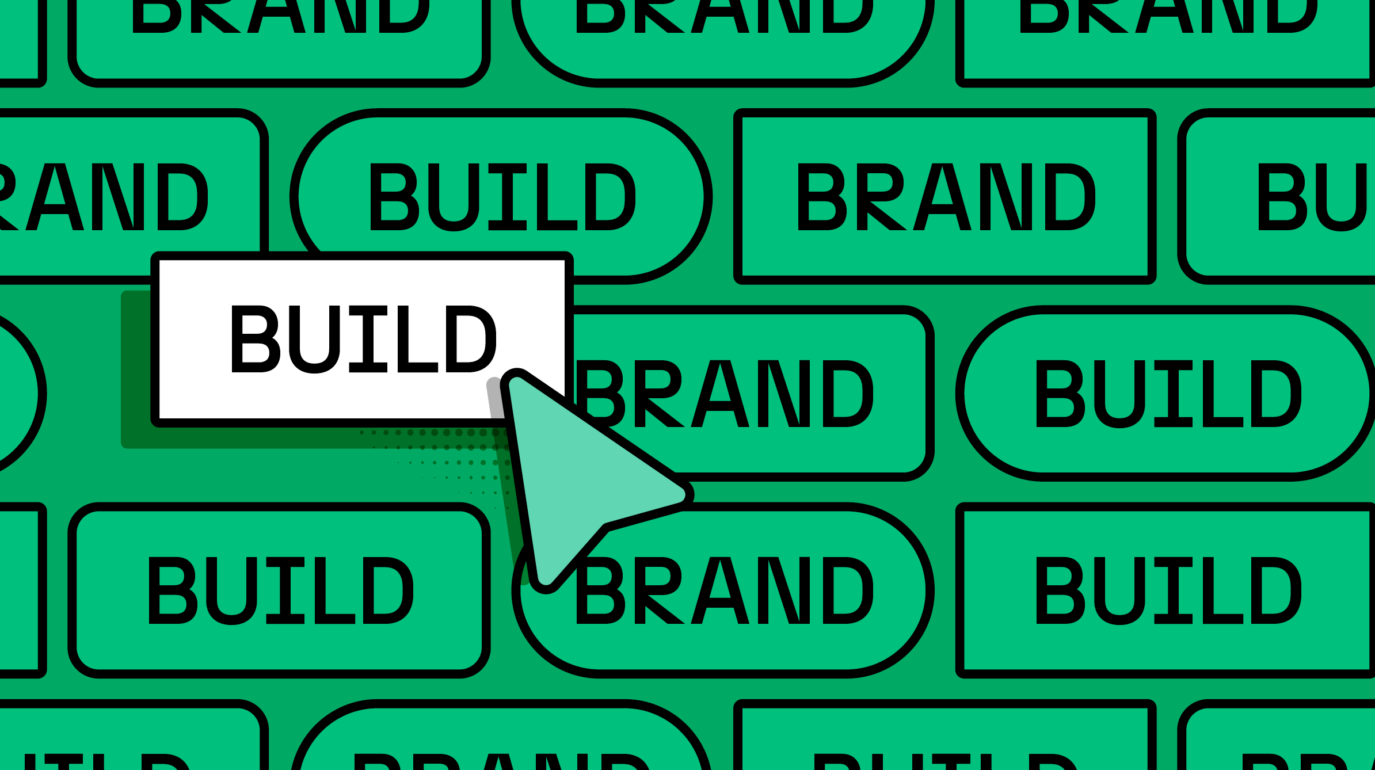
AUTHOR: JONATHAN FINER
READ TIME: 4 MINS
Mexico City Associate Managing Partner Jonathan Finer on why naming is so integral to brand identity – and the stories behind some of the most celebrated brand names in the world.
We’ve all had to come up with a name at some point – for a pet, a project or a child (no pressure). But when it comes to naming a brand, the stakes are equally high. A brand’s name is the cornerstone of its identity and getting it right can be make or break. So how do companies come up with effective names? What makes a brand name memorable and impactful, unique and legally viable?
1. A commitment to story and style
Reflecting both a unique narrative and spirit, a name is the shortest story a brand can tell. The ‘story’ can convey some key aspect of the entity itself – its core values, unique attributes, distinct characteristics or key benefits. The ‘style’ refers to its linguistic qualities – whether it’s an invented or descriptive name, an acronym or a pun.
Take Amazon. The name tells a story of abundance, exploration and adventure, and reflects the company’s vast range of products and services. The name style is descriptive: it’s easy to spell and pronounce, and reflects the brand’s story, making it a highly effective tool for recall and recognition.
“A name is the shortest story a brand can tell.”
2. An appreciation of legal viability
While the creative part of naming might be the fun bit, a successful name needs to be both legally viable and free of conflicts. It should effectively own a place in the marketplace without encroaching on the rights of others, either legally or perceptually. And it should be culturally appropriate and avoid negative associations that could harm the brand’s reputation or growth.
A cautionary tale involves the popular SUV Mitsubishi Pajero. It was discovered, when the car launched in Latin America in 1982, that ‘pajero’ is a slang term for ‘wanker’ or ‘jerk’ in certain Spanish-speaking countries. The name had to be changed to ‘Montero’ for these markets as a result.
3. A focus on the multi-sensory
Great brands are experiential, and great brand names should please multiple senses – a name that sounds good can be easily pronounced, has good ‘mouth feel’ and is pleasing to the ear. Pronounceability helps create positive associations, making it easier to remember and share, and names that are visually appealing can create designed assets that are memorable, distinctive and easily recognisable.
“Great brands are experiential – and great names should please multiple senses.”
Google’s a perfect example. The unique combination of letters is visually distinctive; the sound is pleasing to the ear, and the name’s ‘mouth feel’ is smooth and easy to pronounce, making it the brand approachable and trustworthy.
4. A balance of familiarity and uniqueness
As the Hollywood maxim goes: “Give me the same thing, only different.” Similarly, a great name should balance familiarity and uniqueness, providing both category fit and differentiation. It should reflect conventions while having distinctive, ownable elements (unique spelling or pronunciation, unexpected or unconventional words) that create memorability and distinction.
Combining the words ‘spot’ and ‘identify’, ‘Spotify’ suggests a service that helps users find the music they love. The name is familiar enough to be easily recognisable, while being different enough to stand out from the competition.
5. The passage of time
A name is just a word or sound until it becomes a brand, and building a strong brand takes time, marketing and advertising investment, consistent messaging, and a compelling brand story that connects with customers on an emotional level. Even a seemingly ‘empty vessel’ name – one with no overt meaning – can become a strong brand if it’s underpinned by a compelling story and repeated impressions.
“A strong brand takes time, consistent messaging, and a compelling brand story that connects with customers on an emotional level.”
Consider the Häagen-Dazs example. The name was deliberately chosen to sound Danish and exotic, despite having zero linguistic meaning. Through consistent messaging, high-quality ingredients and distinctive packaging, Häagen-Dazs became a household name and a brand synonymous with luxury and indulgence.
In the end, the brand name you choose reflects what it stands for. It’s the first impression that brands make and the foundation upon which a brand’s identity is built. So, take your time, be intentional, and don’t be afraid to think outside the box. Because when it comes to building a successful brand, the power of a great name cannot be overstated.
The unlikely origins of ubiquitous brand names
Yahoo!
Originally called ‘Jerry and David’s Guide to the World Wide Web’, the founders eventually settled on the name ‘Yahoo’, which stands for ‘Yet Another Hierarchical Officious Oracle’.
Lululemon
This lyrical name was inspired by the Japanese word ‘Ryū’ for ‘dragon’. Founder Chip Wilson felt that the sound of the word – more than the actual meaning – captured the essence of the brand: comfortable, stylish, energetic and playful.
Etsy
Founder Robert Kalin wanted a name that was easy to remember with positive, upbeat connotations. The name was inspired by the Italian word ‘etsi’, which means ‘oh, yes’.
IKEA
IKEA comes from founder Ingvar Kamprad’s initials and the first letters of the farm and village where he grew up in Sweden (Elmtaryd and Agunnaryd).



